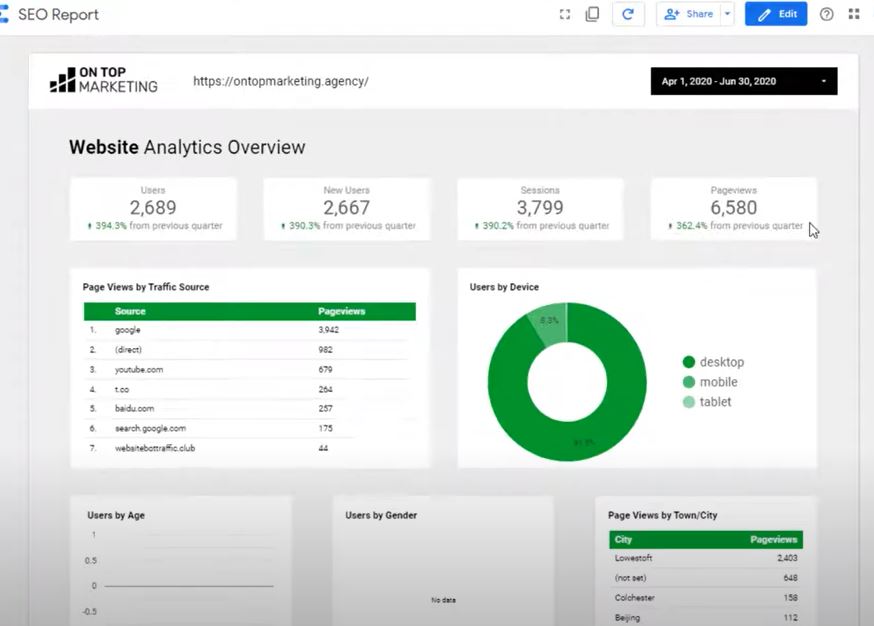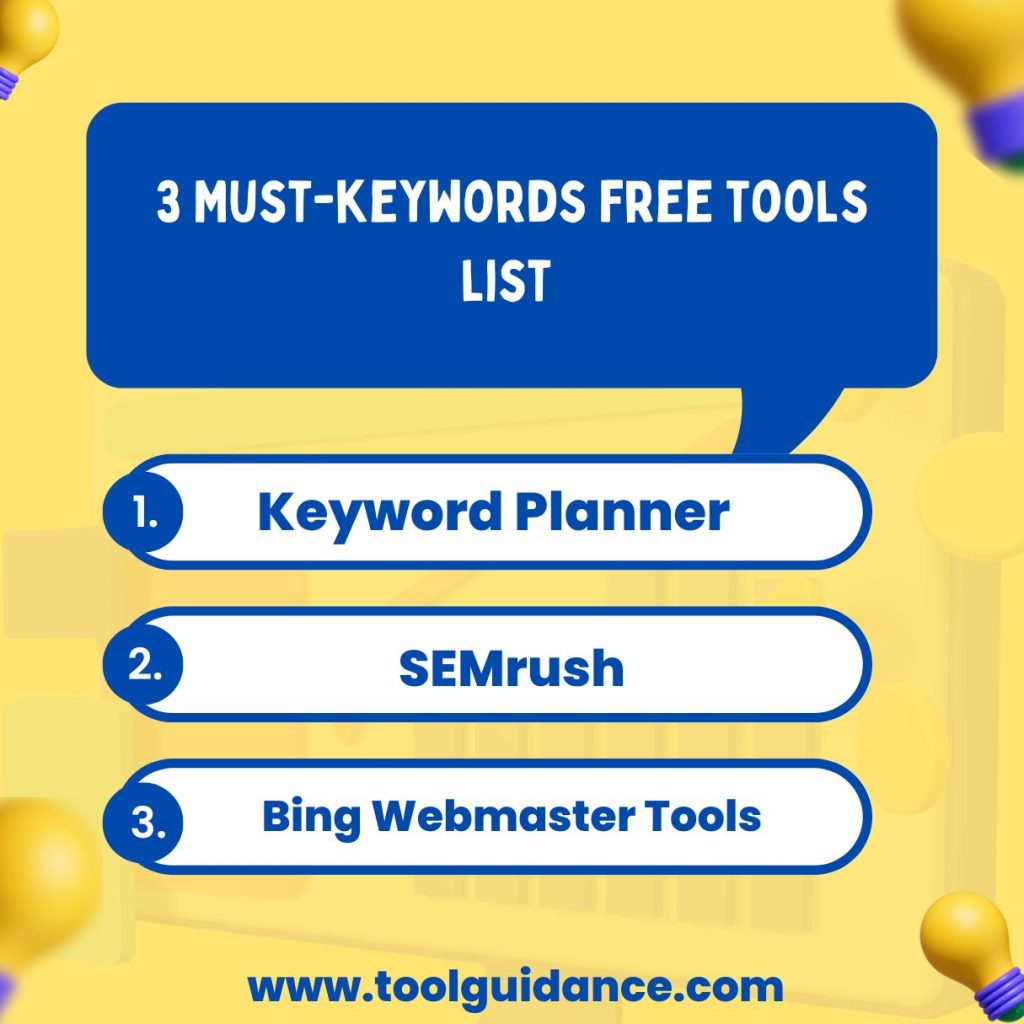AI has made great strides in helping with technical SEO analysis. AI tools can crawl a website quickly and identify a variety of SEO issues, such as broken links, duplicate content, slow page load times, and issues with metadata like title tags and descriptions. These tools are based on machine learning algorithms that analyze patterns in search engine behavior and site structures. Tools like DeepCrawl and Screaming Frog leverage AI to scan websites and highlight technical issues that may affect SEO. For instance, AI can identify unoptimized images or JavaScript that slows down page speed, both of which are crucial ranking factors for Google.
Though AI is useful for automating many technical SEO tasks, human insight is still necessary. AI may struggle with understanding the context or intent behind certain website issues, and a human SEO expert can step in to fine-tune the analysis. Human intervention is also important for implementing recommendations in a way that aligns with a website’s overall strategy.

Which is the Best Tool for SEO Keyword Research?
Choosing the right keyword research tool depends on the user’s needs and budget. Google Keyword Planner is the most widely used free tool for keyword research. It provides insights into search volumes, competition, and CPC (cost-per-click) for various keywords. It’s perfect for new users starting to grasp keyword research basics. However, tools like SEMrush and Ahrefs offer more advanced features. These platforms provide keyword suggestions, keyword difficulty scores, competitor analysis, and even keyword trends over time.
SEMrush offers a “Keyword Magic Tool” that generates keyword ideas based on seed keywords. This tool also shows the competition level for each keyword, which can help in selecting the right keywords to target. Ahrefs, on the other hand, has a powerful “Keywords Explorer” that shows search volume and clicks data along with a detailed breakdown of how competitive each keyword is. For more in-depth insights into keywords and search intent, Ubersuggest is an excellent free option that provides keyword suggestions, search volume, competition data, and even backlink data for each keyword.
Which is the Best Free SEO Tool for Beginners?
For beginners, using free SEO tools is a great way to get started without committing to paid subscriptions. Google Search Console is one of the best free tools for beginners. It helps you track how your website is performing in Google Search, provides data on click-through rates, impressions, and top-performing pages. You can also use it to identify and fix crawling errors, optimize mobile usability, and ensure your website is properly indexed.
Google Analytics is another essential free tool that tracks website traffic, user behavior, and conversions. Beginners can use it to understand where their traffic is coming from, how users are interacting with the website, and which pages are the most popular. Ubersuggest also provides a free version that offers keyword suggestions, competitive analysis, and content ideas, which is great for those just starting their SEO journey.
For those looking to optimize their on-page content, Yoast SEO is an excellent free plugin for WordPress users. It guides users through on-page SEO optimization, including meta descriptions, title tags, and keyword optimization.
What is the Best Automated SEO Reports Tool?
For automated SEO reporting, SEMrush is widely regarded as one of the best tools. It tracks and reports on keyword rankings, backlinks, technical SEO, and overall website health. SEMrush allows you to generate custom reports that can be scheduled at regular intervals, ensuring you stay up-to-date with SEO performance.

Ahrefs also offers automated reporting with features like rank tracking, backlink monitoring, and competitor analysis. These tools generate easily understandable reports that highlight areas for improvement, helping users stay on top of their SEO campaigns. For a more budget-friendly option, Google Search Console and Google Analytics provide free automated reports on site performance, organic traffic, and user behavior, making them invaluable tools for anyone starting out in SEO.
For more specific reporting, Moz Pro offers automated SEO reports focusing on keyword tracking, backlink analysis, and overall site health, while SpyFu can automatically generate competitor analysis reports, helping you stay ahead of your competition.
How Many Types of SEO Tools Are There?
SEO tools come in various types, and each type is focused on improving specific aspects of SEO. Here’s a breakdown of the main types:
Keyword Research Tools: These help discover the best keywords to target based on search volume and competition. Google Keyword Planner, SEMrush, and Ahrefs are popular tools for keyword research.

Site Audit Tools: These tools scan your website to find technical issues that could hinder your SEO efforts, such as broken links, slow loading times, or mobile-unfriendly pages. Screaming Frog and Sitebulb are excellent options.
Backlink Analysis Tools: These tools track backlinks, monitor their quality, and ensure they are helping your website rank. Ahrefs and Moz are leaders in backlink analysis.
Rank Tracking Tools: These tools monitor your website’s position in search engine results pages (SERPs) for various keywords. AccuRanker and Rank Tracker help you track your website’s performance.
Content Optimization Tools: These tools ensure your content is optimized for SEO, including Yoast SEO for WordPress and Clearscope.
Analytics Tools: Analytics tools provide insights into traffic and user behavior. Google Analytics and Hotjar are popular examples.
Local SEO Tools: These tools help businesses optimize their online presence for local search results. Examples: Moz Local, BrightLocal.
By using a combination of these tools, you can ensure a well-rounded SEO strategy.
Short Questions:
- Q: How often should I use an SEO tool?
- A: Use SEO tools regularly to monitor changes and optimize your site.
- Q: What’s the best SEO tool for a beginner?
- A: Google Search Console and Ubersuggest are ideal for beginners.
- Q: Can I perform SEO without using tools?
- A: While it’s possible, SEO tools make the process faster and more accurate.
- Q: What’s the first step in SEO?
- A: Start with keyword research and site audit before optimizing your content.
- Q: Why is backlink analysis important?
- A: Backlinks are key for SEO rankings, and tools like Ahrefs help monitor them.
Frequently Asked Questions (FAQ)
- Q: Can AI really help with SEO?
- A: Yes, AI can help analyze technical SEO and suggest improvements.
- Q: What is the best free SEO tool?
- A: Google Search Console and Ubersuggest are great free tools for beginners.
- Q: How do I track my website’s ranking?
- A: Tools like SEMrush, AccuRanker, and Google Search Console can track rankings.
- Q: What is the difference between SEMrush and Ahrefs?
- A: SEMrush provides in-depth keyword research, while Ahrefs is excellent for backlink analysis.
- Q: Is SEO difficult to learn?
- A: SEO can be challenging at first, but with practice, it becomes easier to master.
Key Takeaways
• AI tools like Screaming Frog and DeepCrawl can help with technical SEO analysis.
• SEMrush and Ahrefs are the top tools for in-depth keyword research and SEO analysis.
• Ubersuggest is a fantastic free SEO tool for keyword suggestions and basic reports.
• Google Analytics and Google Search Console offer automated SEO reports that provide useful insights.
• Backlink monitoring is crucial for SEO, and tools like Ahrefs and Moz are great for this.

Conclusion
SEO is a complex and ongoing process that involves using a variety of tools to improve a website’s visibility in search engines. AI is making technical SEO analysis easier, but human expertise is still essential to fine-tune the results. From keyword research to automated reporting, the tools available today provide invaluable insights into website performance. For beginners, free tools like Google Search Console and Ubersuggest are a great starting point. As you progress, more advanced tools like SEMrush and Ahrefs provide deeper insights into SEO performance, helping you grow your website’s search engine ranking.
Types of SEO Tools
| SEO Tool Type | Top Tools | Key Features |
| Keyword Research | Google Keyword Planner, Ahrefs | Search volume, keyword difficulty, trends |
| Site Audit | Screaming Frog, Sitebulb | Crawl errors, site speed, mobile optimization |
| Backlink Monitoring | Ahrefs, Moz | Backlink analysis, link quality tracking |
| Rank Tracking | SEMrush, AccuRanker | SERP tracking, keyword ranking analysis |
| Content Optimization | Yoast SEO, Clearscope | Content SEO, keyword optimization, readability |
| Analytics | Google Analytics, Hotjar | Traffic data, user behavior, conversion rates |
| Local SEO | Moz Local, BrightLocal | Local search rankings, Google My Business optimization |
